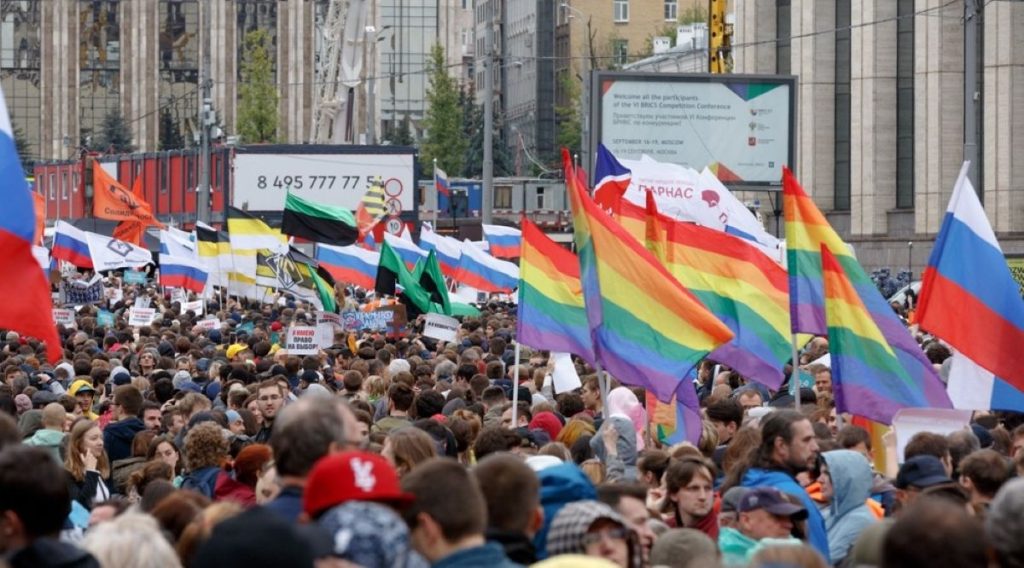The exact nature of the material was not disclosed in the court’s public ruling.
Others are reading now
The exact nature of the material was not disclosed in the court’s public ruling.

A Russian court has slapped Apple with a hefty fine of 10.5 million rubles (approx. $130,000) after finding the tech giant guilty in four separate administrative cases.
Three of them involve what Moscow calls breaches of its harsh anti-LGBT “propaganda” laws.
Moscow Court Targets Apple Over ‘Non-Traditional Relationships’

The Tagansky District Court in Moscow found Apple Distribution International Ltd guilty of promoting “non-traditional sexual relations”, a vague and controversial charge under Russia’s increasingly oppressive legislation.
Also read
The court issued three individual fines of 2.5 million rubles each.
Fourth Fine Linked to ‘Illegal Content’ Access

The final blow came in the form of a 3-million-ruble fine for Apple’s failure to restrict access to unspecified online content that Russian authorities deemed illegal.
The exact nature of the material was not disclosed in the court’s public ruling.
Apple Remains Silent on Russian Court’s Verdict

So far, Apple has not commented on the rulings. According to Reuters, the company did not immediately respond to requests for a statement.
Apple’s representative reportedly asked the court to hold the hearings behind closed doors.
LGBT+ Rights Under Siege in Putin’s Russia
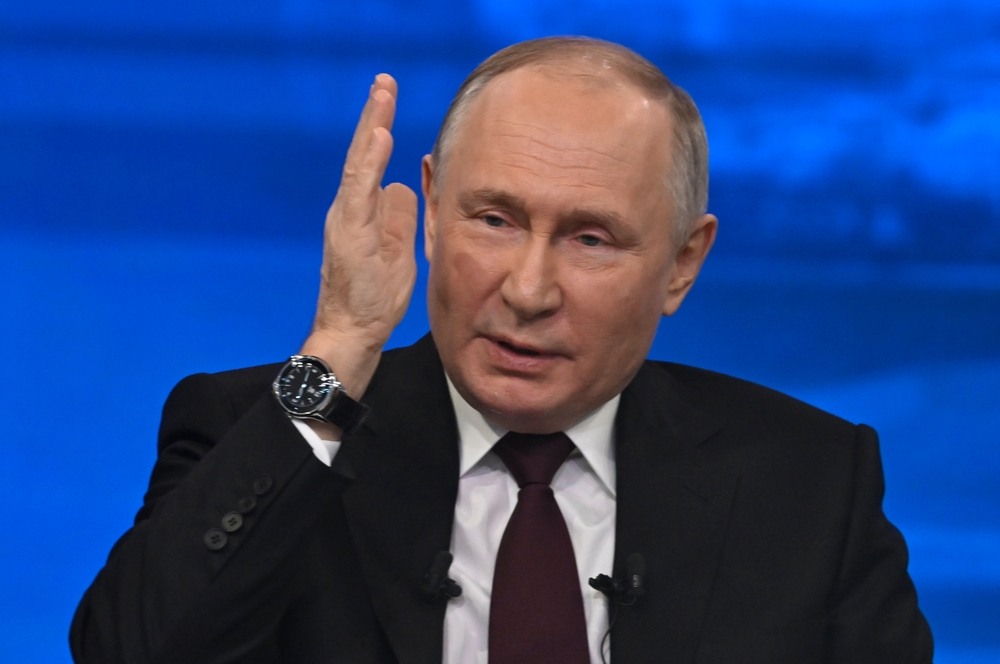
This move comes as Russia intensifies its crackdown on LGBTQ+ rights.
In 2023, the Kremlin expanded its ban on what it calls “LGBT propaganda,” framing such laws as a defense against what President Putin often describes as Western “moral decay.”
Closed Hearings Hide Full Scope of Accusations
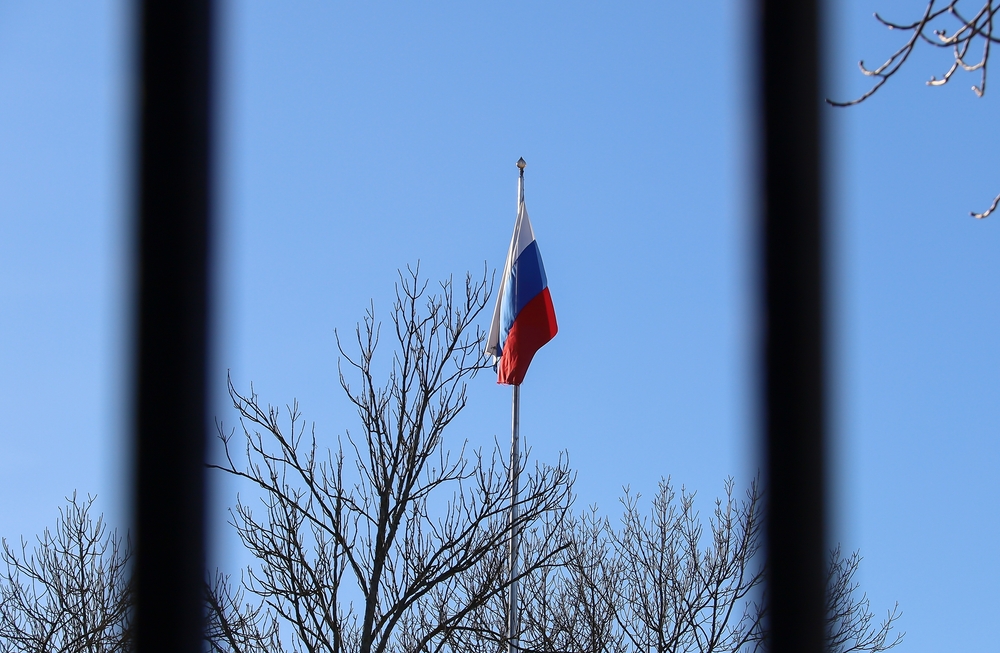
Details of Apple’s alleged infractions remain unclear.
According to Russian outlet Mediazona, the closed nature of the court proceedings means the exact content or actions Apple was punished for remain shrouded in secrecy.
Russia Brands LGBT Movement ‘Extremist’
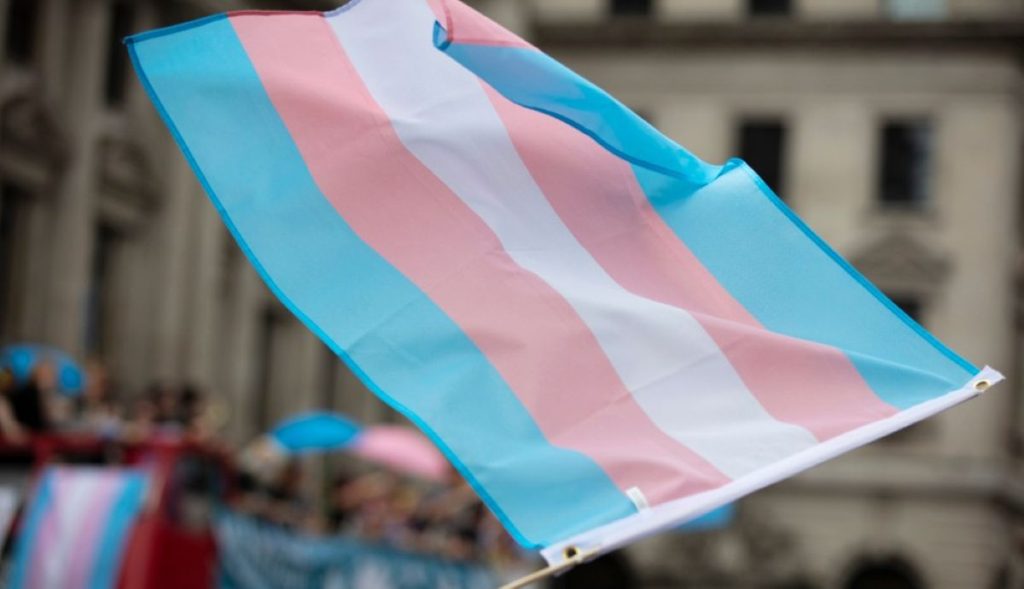
In a chilling escalation, Russian authorities have officially labeled the “international LGBT movement” as an extremist organization.
Supporters risk being treated as terrorists making them subject to criminal prosecution and surveillance.
Propaganda Laws Used to Tighten State Control
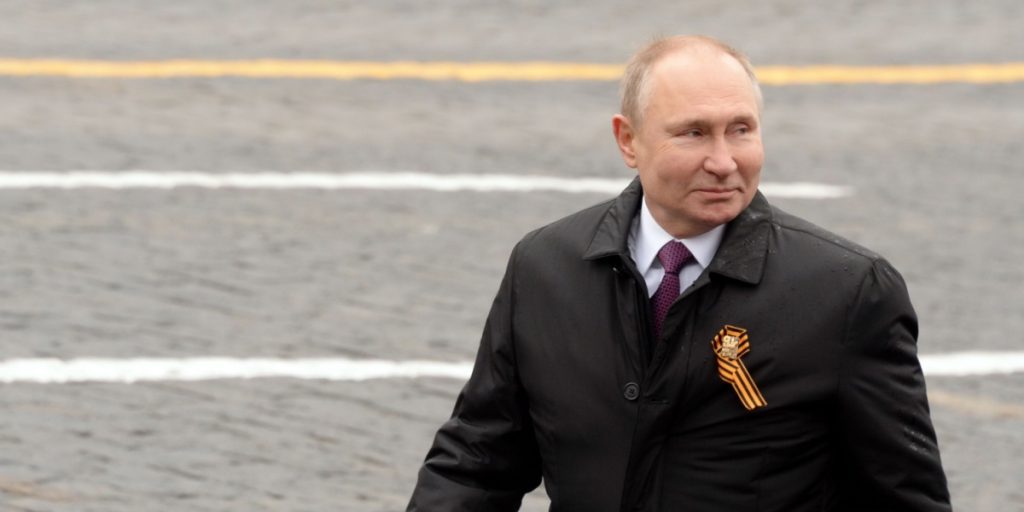
Critics say these laws are little more than tools for state control and censorship, targeting both foreign companies and domestic dissent.
What qualifies as “propaganda” remains deliberately vague, allowing selective enforcement by authorities.

